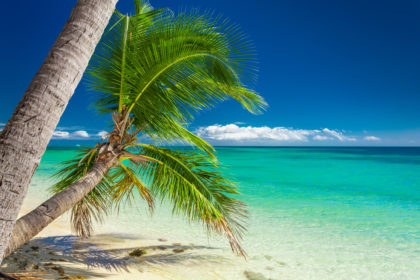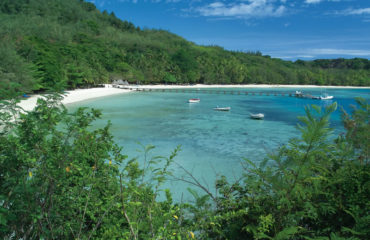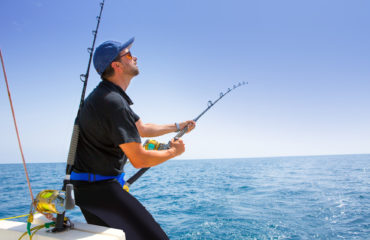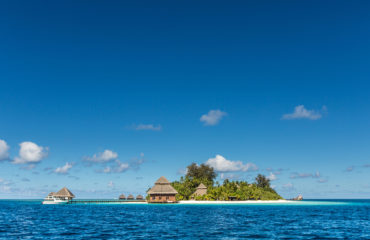
Our planet is a living, breathing, ecosystem. It is a fragile blue marble floating in space. The heat and warmth from the sun feeds the plants which in turn convert carbon dioxide into oxygen for us to breath. That same heat evaporates the water, only to rain it down someplace else that needs it. The winds carry that water and oxygen across the globe to help promote life. Life that feeds us, life that we enjoy.
The beauty and wonder of nature never ceases to amaze. It brings us peace and reminds us of who we are. But unfortunately, many of us live in cities that push that nature out of the way. The open fields are replaced with asphalt roads, the towering forests are replaced with skyscrapers. Nature, that is a very part of our core, is removed from our day to day life. That is why eco tourism is so important.
The Need to Return to Nature
As creatures of this earth, it is necessary to commune with nature. To spend time in the forests, to engulf ourselves in the sea. To be a part of the earth once again.
Eco Tourism gives us the ability to bask in nature, while simultaneously ensuring that very nature will be around for future generations to enjoy.
Eco Tourism in Fiji not only provides for the preservation of Fiji’s natural environment, it also helps preserve the culture of the Fijian people.
The People of Fiji
 The first settlers to arrive in Fiji showed up sometime between 3500 and 1000 BCE. Comparatively, the Great Pyramid at Giza is thought to have been completed around 2500 BCE. Over several thousand years, these Fijians developed a strong and unique seafaring culture. It is though by many the Fijian explorers were the first to settle wore eastern islands like Hawaii, and the Line Islands.
The first settlers to arrive in Fiji showed up sometime between 3500 and 1000 BCE. Comparatively, the Great Pyramid at Giza is thought to have been completed around 2500 BCE. Over several thousand years, these Fijians developed a strong and unique seafaring culture. It is though by many the Fijian explorers were the first to settle wore eastern islands like Hawaii, and the Line Islands.
By the time Europeans first sited Fiji in the mid 1600’s the Fijian people had a reputation among other Pacific Islanders as master seaman, and fierce warriors.
The introduction of Christianity to the islands in the 1800’s helped guide the Fijian people away from their warrior ways and eliminated cannibalism on the islands. Today, the Fijian people are known as some of the friendliest people in the South Pacific.
Many of todays Fijians still live in small villages spread across Fiji’s 300 islands and 500 islets. They are fisherman, and craftsman who prefer to live a simple life in tune with nature.
Eco Tourism at Fiji’s Resorts
Many of the resorts in Fiji’s outlying islands (like the Yasawa Island Group) work with the local Fijian villages to create a sustainable and luxurious experience for vacationers.
Turtle Island Resort is a prime example of how tourism can not only exist within, but also help the natural environment and culture of an area. Not only does Turtle Island grow the majority of its fruits and vegetables on site in their organic gardens, they also purchase most of their seafood from local fisherman. Turtle Island powers its resort from a solar farm consisting of almost 1000 solar panels.
Turtle Island also employs 120 local Fijian villagers, and has helped build schools for the children of the nearby villages.
This type of sustainable Eco Tourism helps to guarantee that the majesty and beauty of the Yasawa Islands natural landscape will continue to bring peace and joy to not only the local inhabitants, but to travelers, vacationers, and explorers for generations to come.



